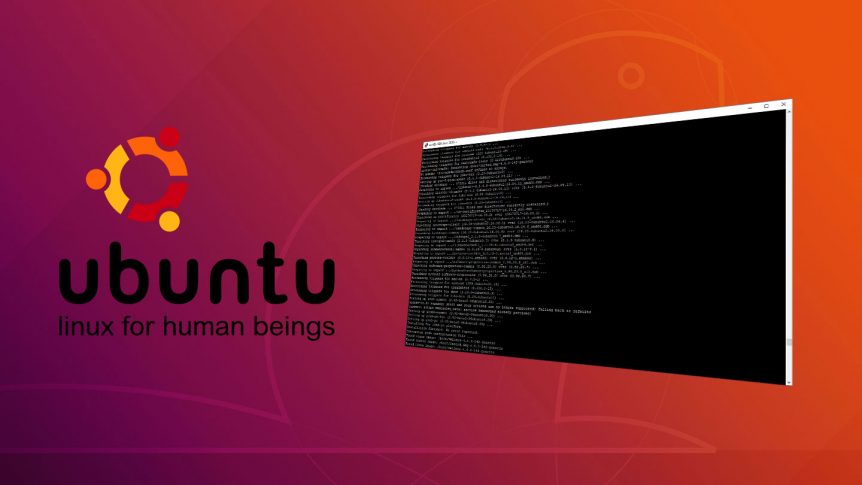This a personal Cheat sheet for Ubuntu (mostly server related stuff) + some MySQL and Docker commands. This page will be updated when I find useful commands 🙂
Guides
Disk
Show filsystem disk usage
df -hFind what taking up diskspace
du -cha --max-depth=1 / | grep -E "M|G"Database
Import / export mysql database
# Export mysqldump -u username -p databasename > filename.sql # Import mysql -u username -p databasename < filename.sql
Docker
Docker log file taking up space
For some reasons my docker-container is storing a lot of log from apache. This log is filling up the disk.
# du -h /var/lib/docker/containers/ | grep -E "M|G"
51M /var/lib/docker/containers/48367957...r8
1.5M /var/lib/docker/containers/10eec...0d
574M /var/lib/docker/containers/300456...4l
255M /var/lib/docker/containers/89ab57...n7
16G /var/lib/docker/containers/45b425...w2
# ll /var/lib/docker/containers/45b425...w
total 30749308
drwx--x--- 4 root root 4096 Jan 31 18:30 ./
drwx--x--- 17 root root 4096 Dec 14 22:39 ../
-rw-r----- 1 root root 31487173681 Jan 31 18:42 abc123...-json.log
# tail /var/lib/docker/containers/45b425...w2/abc123...-json.log
{"log":"\u001b[0;33;1mnginx.1 | \u001b[0mapi.domain.no xxx.xxx.xxx.xxx - - [31/Jan/2024:17:43:51 +0000] \"POST /player/log HTTP/2.0\" 200 82 \"https://domain.no/\" \"Mozilla/5.0 (X11; Linux x86_64) AppleWebKit/537.36 (KHTML, like Gecko) Chrome/120.0.0.0 Safari/537.36\"...
# truncate -s 0 /var/lib/docker/containers/45b425...w2/abc123...-json.logCreate log rotation
This part is from ChatGPT, where you have to create a new config file. I have not verified that it works at this moment.
# nano /etc/docker/daemon.json{
"log-driver": "json-file",
"log-opts": {
"max-size": "10m",
"max-file": "3"
}
}
# sudo systemctl restart dockerAuto-start / restart docker-container
docker update --restart=always 0576df221c0b
# More "gentle" mode from the documentation:
docker run -dit --restart unless-stopped <image_name>
# Stop all running containers
docker stop $(docker ps -aq)Kubernetes
# Deploy new version
kubectl rollout restart deployment/myapp-deployment
# Get pods (-o wide for more info)
kubectl get pod -o wide
# Bash inside pod
kubectl exec --stdin --tty myapp-1234-abcd -- /bin/bash
# Logs from pod (-f for follow)
kubectl logs -f myapp-1234-abcdLAMP-stack
List installed PHP-extentions
sudo dpkg --list | grep php
# OR dpkg --get-selections | grep -i php
# OR php -m
# OR php -m | grep -i ftpCheck for avalible PHP-extentions
apt-cache search php | grep "^php7"
# OR apt-cache search php | grep "^php"Log
Read log-file backwards:
tac filename | lessCheck ssh login:
#Check for failed login
grep sshd.\*Failed /var/log/auth.log | less
# Check for accepted login
grep sshd.\*Accepted /var/log/auth.log | lessTroubleshoot
MySQL
#3009 – Column count of mysql.user is wrong. Expected 51, found 49. Created with MySQL 80012, now running 80015. Please use mysql_upgrade to fix this error.
mysql_upgrade --force -uroot -pFull /boot
Soruce: https://gist.github.com/ipbastola/2760cfc28be62a5ee10036851c654600
sudo dpkg --list 'linux-image*'|awk '{ if ($1=="ii") print $2}'|grep -v `uname -r`
sudo rm -rf /boot/*-3.19.0-{25,56,58,59,61,65}-*
sudo apt-get -f install
sudo apt-get autoremove
sudo update-grub
sudo apt-get update
